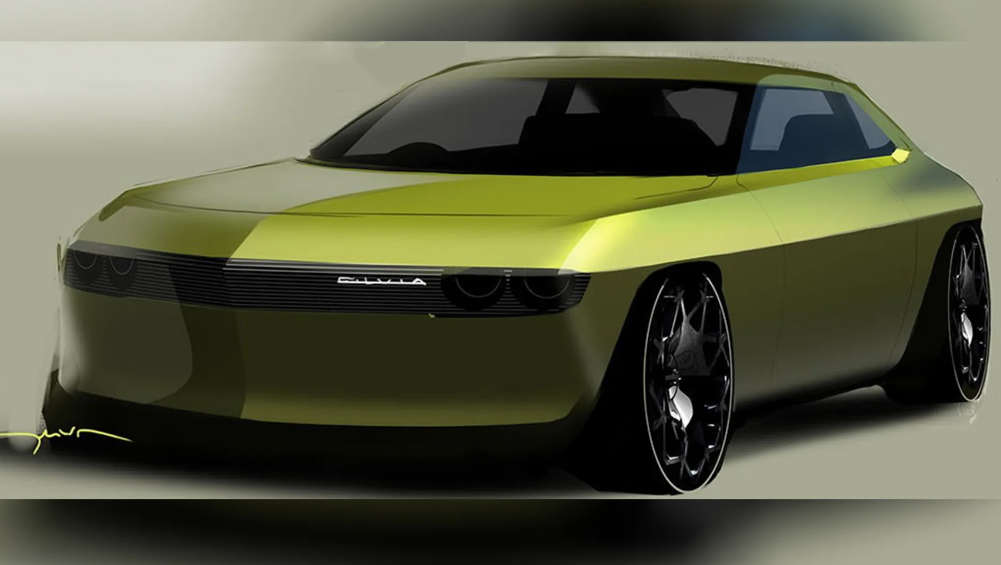
.evcen-parallax-container {
position: relative;
}
.evcen-parallax-clip {
position: absolute;
top: 0;
right: 0;
bottom: 0;
left: 0;
clip: rect(auto, auto, auto, auto);
}
.evcen-parallax-inner {
position: fixed;
visibility: hidden;
width: 100%;
display: flex;
justify-content: center;
}
.evcen-parallax-content {
height: 100%;
}
.evcen-parallax-content * {
height: 100%;
}
.evcen-parallax-content {
overflow: hidden;
}
.evcen-parallax-content img,
.evcen-parallax-content iframe,
.evcen-parallax-content video,
.evcen-parallax-content embed
{
object-fit: cover;
object-position: center;
max-width: 100%;
}
Nissan says it is on track to launch its first production electric car powered by its pioneering solid-state batteries in 2028 following real-world trials in 2026.
Nissan said it first began experimenting with the ground-breaking battery technology back in 2018 and says it has already shown off its new state-of-the-art production facility where the batteries will begin being made as soon as this year.
Regarded as both the holy grail of battery tech and the final piece of the puzzle that will allow the full transition from combustion to all-electric cars, Nissan’s solid-state batteries are at least 50 per cent more energy-dense, compared to traditional cells, while being capable of being charged more than three times as fast.
READ MORE:
Crucially the biggest attraction is, according to Nissan’s chief planning officer for Oceania François Bailly, the “game-changing” next-gen power packs are already 50 per cent cheaper to produce allowing EVs to finally achieve price parity with combustion engines by 2030.
Differing from current battery tech, the solid-state batteries do away with a liquid electrolyte and, because of that, its makers claim there’s a much lower risk of explosion and fire, enabling them to tolerate greater temperatures associated with ultra-fast charging.
Nissan has yet to release full details on how it has made its solid-state batteries work but it’s thought that it has replaced the electrolyte and separator with either ceramic, glass or polymer composites.
In the past, many car-maker and battery developers have made solid-state batteries work in the lab but struggled to ramp up the tech to full-scale production, this has even prompted some brands to wind back their expectation on when we’ll see them power its future EVs.
Car giant Volkswagen has now said it doesn’t expect to have the technology until beyond 2028 while BMW, Mercedes-Benz and Stellantis are all in the race to mass-produce solid-state batteries for their vehicles.
One car-maker that’s rumoured to be in the lead to develop solid-state batteries is Toyota, with the world’s biggest automaker hotly tipped to produce a limited run of cars powered by the tech in 2025.
Nissan, meanwhile, has refused to announce which vehicle first will be the beneficiary of its next-gen solid-state batteries, but says that it would be perfect for both any GT-R-replacing supercar and large heavy SUV, like its flagship Patrol.
The Japanese brand also announced that its next-generation JUKE, QASHQAI and LEAF would all switch to all-electric power but it’s thought all three that are due from now until 2028 will miss out on the solid-state tech.
- SEO Powered Content & PR Distribution. Get Amplified Today.
- PlatoData.Network Vertical Generative Ai. Empower Yourself. Access Here.
- PlatoAiStream. Web3 Intelligence. Knowledge Amplified. Access Here.
- PlatoESG. Carbon, CleanTech, Energy, Environment, Solar, Waste Management. Access Here.
- PlatoHealth. Biotech and Clinical Trials Intelligence. Access Here.
- Source: https://evcentral.com.au/electric-car-game-changer-nissan-to-start-rolling-out-solid-state-battery-evs-from-2028/?utm_source=rss&utm_medium=rss&utm_campaign=electric-car-game-changer-nissan-to-start-rolling-out-solid-state-battery-evs-from-2028
